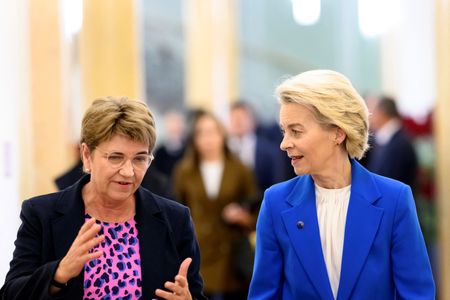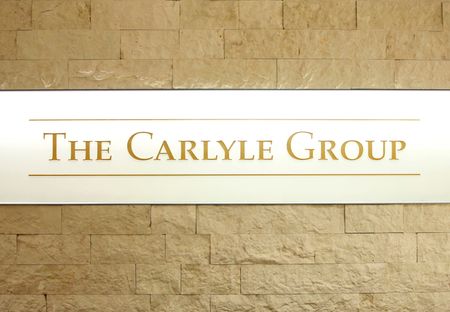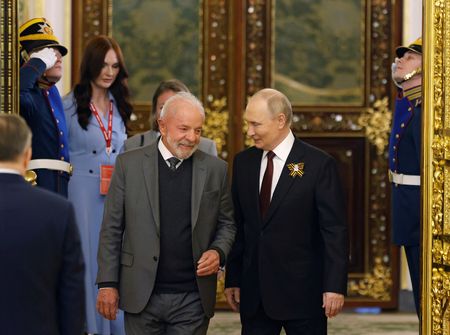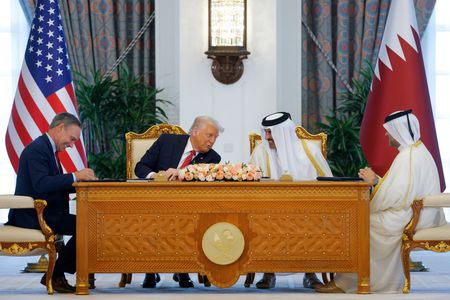ZURICH (Reuters) – The Swiss government said on Wednesday it wants the right to restrict free movement of people from the European Union if factors such as net immigration, commuter numbers or welfare dependency exceed certain limits.
Switzerland in December agreed a deal to deepen economic cooperation with the European Union despite opposition from nationalists who see the bloc as a threat to sovereignty.
The accord still faces a lengthy ratification process and immigration is arguably the thorniest issue hanging over it.
At the heart of the debate and central to the government’s hopes of securing the support needed to pass the accord has been a so-called protective clause that could allow Switzerland to curb immigration under certain circumstances.
Beat Jans, the cabinet minister who oversees migration, told a press conference the government wanted the clause to be set into Swiss law in a way that it could be triggered if net immigration from the EU, the number of cross-border commuters, unemployment or welfare assistance reaches certain levels.
“The protective clause is like the fire extinguisher on the wall. When there’s a fire, you’re glad to have it handy to quickly put out the fire before it causes damage,” he said.
If Switzerland triggers the clause, the matter goes to a joint Swiss-EU committee. If no agreement is forthcoming on how to proceed, Switzerland can convene an arbitration tribunal.
Wealthier than its biggest EU trading partners and neighbours, Switzerland has experienced a rapid population increase this century, prompting right-wing parties in particular to pursue strict curbs on immigration.
Speaking alongside Jans, Vincenzo Mascioli, the state secretary for migration, said that under the model envisaged by the government, Switzerland would have had to consider invoking the protective clause eight times since 2002.
(Reporting by Dave Graham, editing by John Revill)











